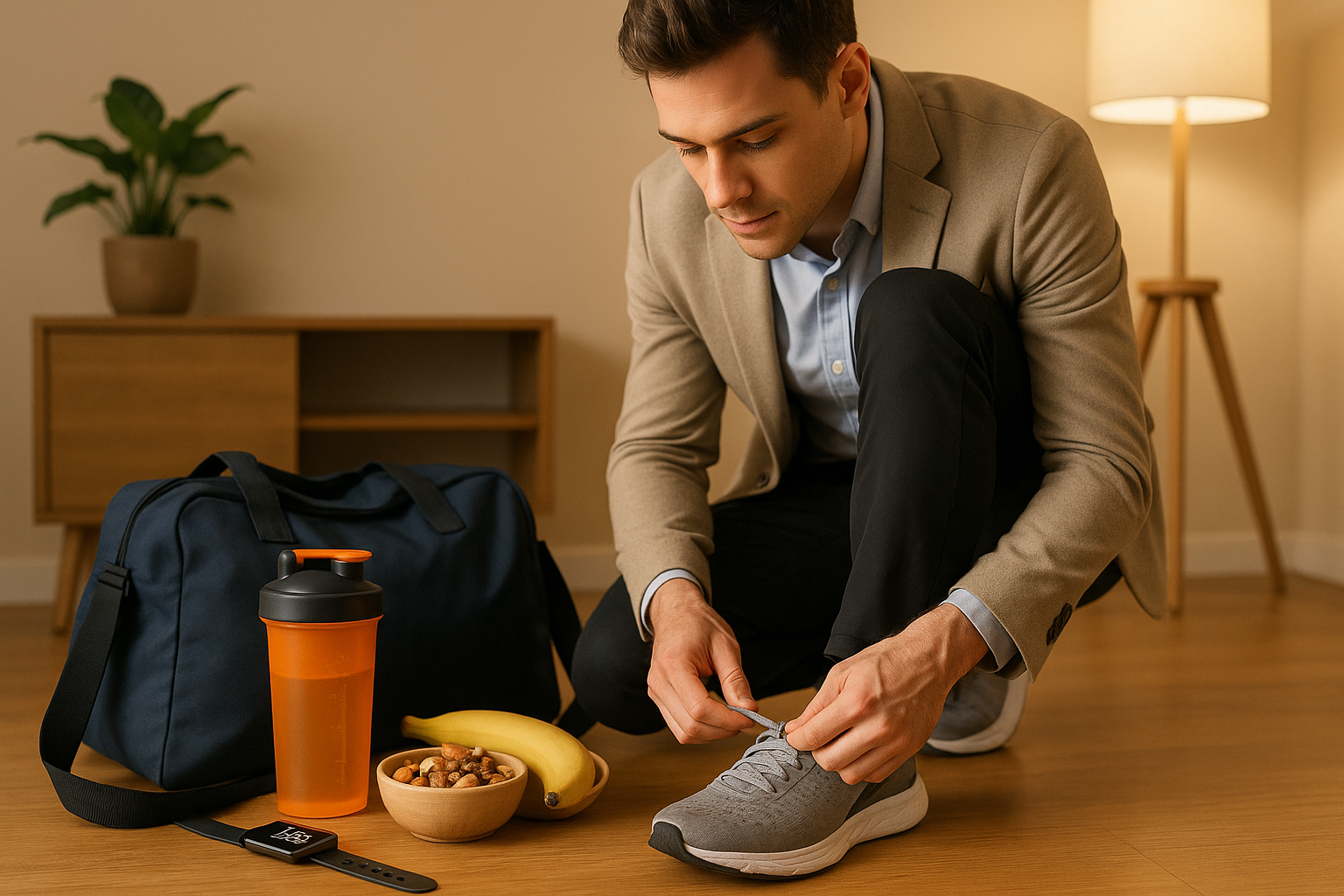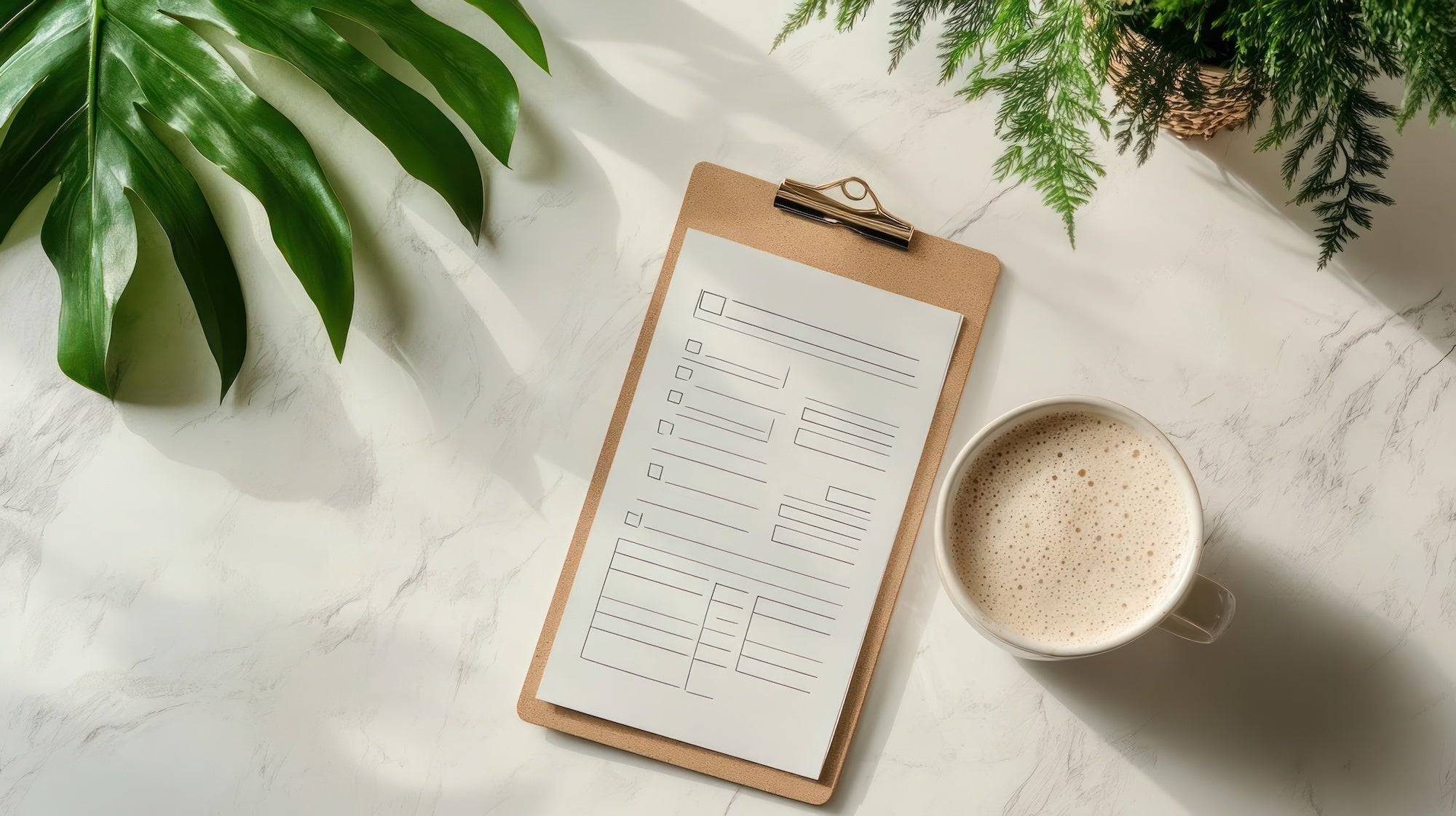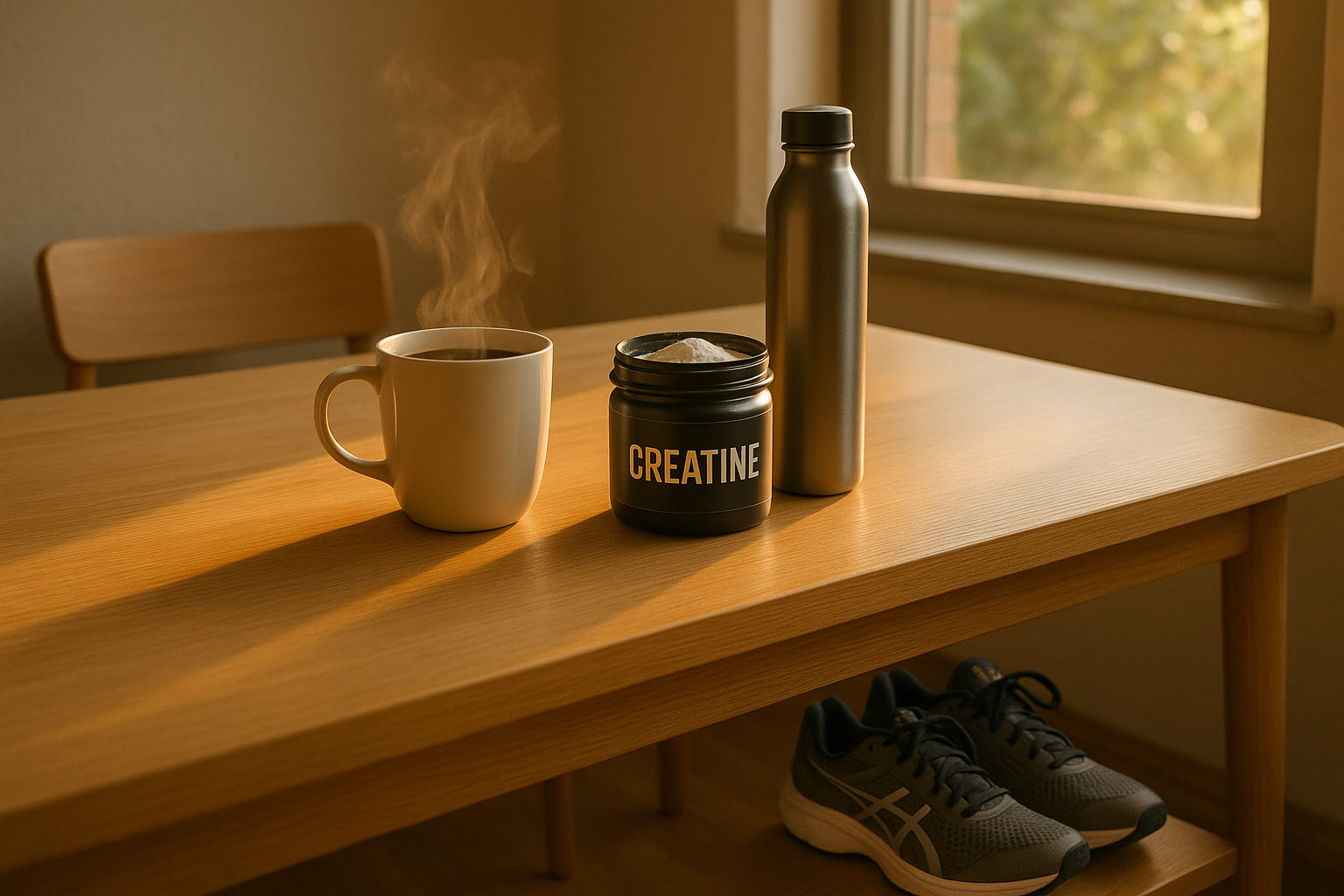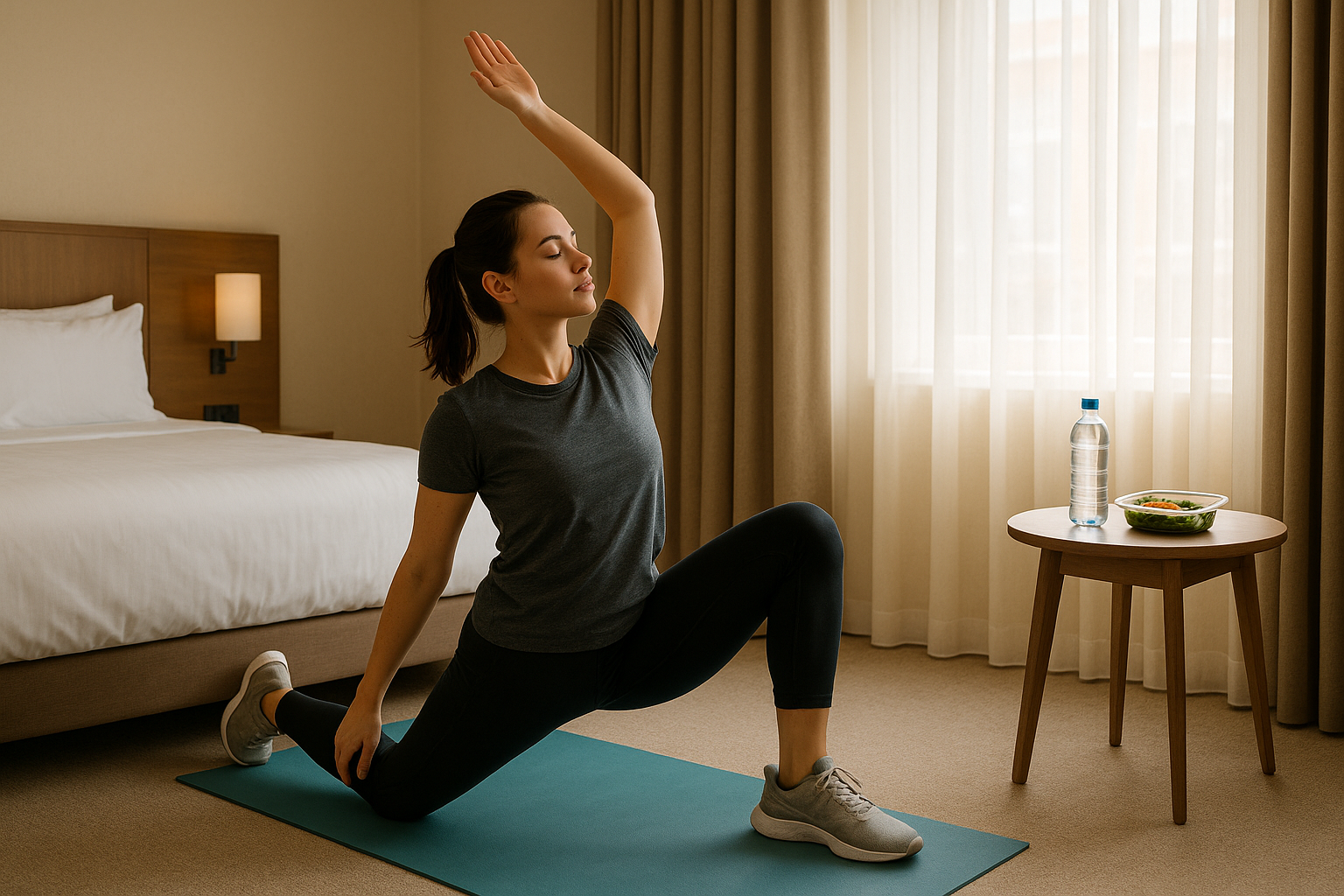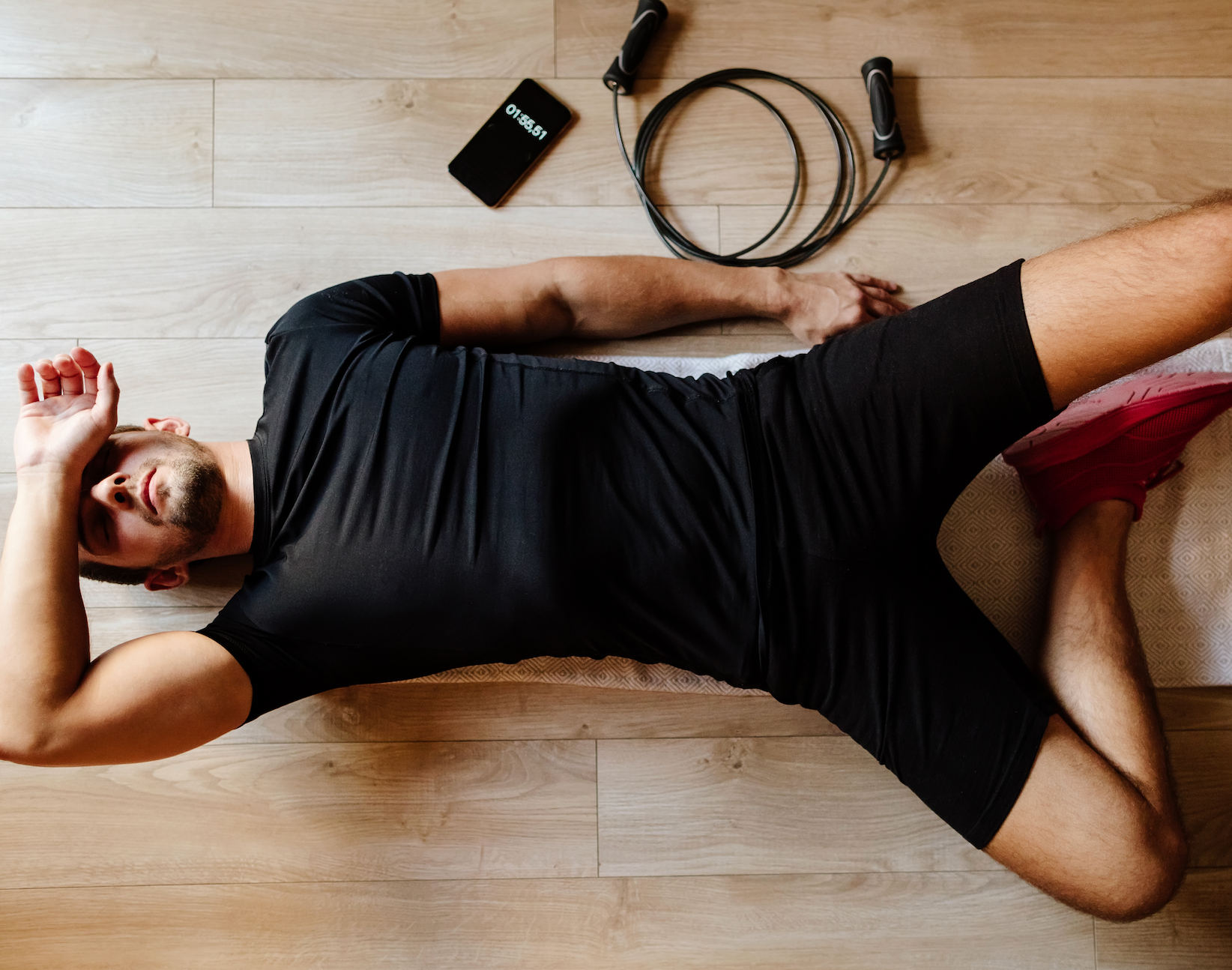
3 Tips To Improve Your Sleep Quality
We always hear time and time again that sleep is important, you should be getting your 8 hours of sleep, and not sleeping for 8 hours is bad, not only for our health, but for our performance. What else is there to sleep? How come we sometimes wake up after our 7, 8, 9 hours of sleep, and still feel groggy and tired? That can be chalked up to our sleep quality.
Yes, sleep quantity is important. Everyone should be aiming for 7-9 hours of sleep per night, but everyone should also be looking to improve their sleep quality through their habits, and through their environment. Chronically poor sleep quality has been linked to increased weight gain, decreased performance, decreased muscle mass, and increases in stress hormones!
Staying on your phone until your brain forces you to pass out, sleeping in a room littered with light and noise, and sleeping in a hot, arid room are all surefire ways to tank your sleep quality. Have no worries, we’ll be going over what you can do to optimize your sleep to improve your recovery, and gains in the gym!
Temperature
The National Sleep Foundation concluded that bedroom temperature is the number one most important environmental factor for setting you up to get high quality sleep. The exact temperature will vary by individual comfort, but research shows that a temperature between 60 to 67 degrees fahrenheit allows our bodies to get the highest quality, most comfortable night of sleep. This is because our body's internal temperature slightly decreases while sleeping. It is thought that the cooler nighttime bedroom will help signal our bodies that it is time for sleep.
When our bedrooms are too hot, the discomfort from the heat will interfere with our bodies thermoregulation, making it take longer for us to fall asleep, and making deep sleep REM cycles significantly shorter. Warmer bedrooms have also been shown to increase the likelihood of waking up throughout the night.
Some strategies to keep your bedroom cool Include:
- Set the thermostat between 60 and 67 degrees fahrenheit
- Open windows at night to allow for cool circulating air
- Keep the blinds shut during the day to keep hot air out of the bedroom
Our muscles recover in our sleep, so it’s important we provide ourselves with an environment that allows us to get the best sleep possible!
Screen Time
Again, we always hear the screen time before bed isn't great for us, but how bad can it really be? Your phone screen is only a couple inches big, so it can be that bad, right?
Unfortunately, that’s incorrect.
Several research studies have shown that using any screens within 2 hours of bedtime negatively impacts our bodys time to sleep, and ability to enter deep sleep. This is because the blue light from screens stimulates part of our brains to think that it is still daytime, interfering with our bodies internal clock, and making sleep that much more difficult.
So what can we do about it? Simply put, reduce screen time close to bed. Within an hour of going to bed, it is in your best interest to turn all screens off for the night. Fill that time with some kind of relaxing activity like reading a book, taking a bath, or even meditating before bed. All of those activities can help us unwind from a long day, and ease us into sleep!
If you absolutely must be on screens late into the night, there are several programs available for your computer, and settings only on your phone to decrease your blue light exposure by making your screen more amber.
Bedtime noise
Something to consider that is not often talked about is bedtime noise. Similar to making sure our environment is cold, we need to make sure our sleeping environment is also quiet.
Night time noise pollution, such as traffic on the street, has been shown to decrease our bodies time in deep REM sleep. Noise during our sleep also increases adrenal, and the stress hormone cortisol, which both oppose the hormones that put us to sleep, and keep us asleep.
Some tips to improve noise pollution in the bedroom:
- Stop falling asleep while watching TV, listening to music, or listening to a podcast
- Install noise dampening foam panels on your walls if you live in a high traffic, or noisy area
- Use foam ear plugs during the nighttime if you have a partner that snores, or if you cannot hang noise dampening foam










